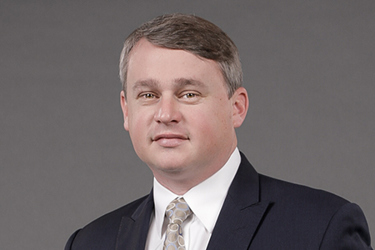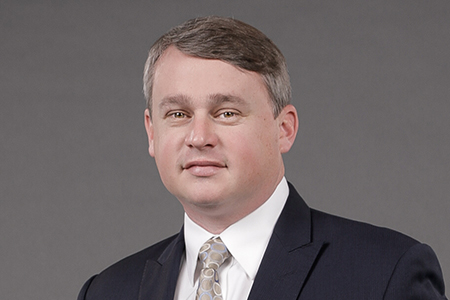The L Word
By Ben Comer, Chief Editor, Life Science Leader

 At the BIO conference last June, I enjoyed sitting down for an interview with Jerry McLaughlin, CEO at Life Biosciences, a company cofounded by Harvard genetics professor and one of Time magazine’s 2014 most influential people, David Sinclair. Life Biosciences is focused on developing therapeutics that can prevent, treat, or reverse age-related conditions, one of many companies that have emerged in the last six or eight years to take on Father Time’s bodily ravages.
At the BIO conference last June, I enjoyed sitting down for an interview with Jerry McLaughlin, CEO at Life Biosciences, a company cofounded by Harvard genetics professor and one of Time magazine’s 2014 most influential people, David Sinclair. Life Biosciences is focused on developing therapeutics that can prevent, treat, or reverse age-related conditions, one of many companies that have emerged in the last six or eight years to take on Father Time’s bodily ravages.
I wanted to talk with McLaughlin about Life Biosciences, but also the larger ecosystem of companies focused on anti-aging, because I knew McLaughlin wouldn’t confidently tell me that his company, or any other, is on the cusp of halting or reversing the aging process in total. McLaughlin began his over-40-year career in biopharmaceuticals at Merck and has witnessed more than one buzzy drug development area boom and bust. Since the FDA doesn’t recognize “aging” as a disease — unlike many of the field’s best-known crusaders, including Sinclair — it doesn’t make sense to use eternal life as a clinical endpoint. (In fairness, a growing number of validated biomarkers for aging are increasingly useful to drug developers.)
At one point early in our discussion, I referenced “longevity” therapeutics, and McLaughlin gently offered a correction: “I’ll call it the aging biology space … not the L word.” Intrigued, I wondered out loud why the term “longevity” was on the outs with McLaughlin. The “aging biology” space, he explained, has been through several phases in a relatively short amount of time, starting with the notion that “We could materially extend life, and this whole goal to live forever.” That original mission attracted skepticism and misunderstanding (unless you are a Silicon Valley billionaire). But as time wore on, the second and third phases of the sector attracted “boring biotech and pharma folks like myself” and became more focused on unmet needs, regulatory pathways, and having a near-term impact on patients, says McLaughlin. (More on Life Biosciences and “aging biology” will appear in a future issue of Life Science Leader.)
I was reminded of my conversation with McLaughlin while perusing LinkedIn recently, where a commentator (Samantha Tabone, partner at Empath Ventures) began her post by writing: “’Psychedelics is a theme, not an industry.” The post goes on to argue that thinking about psychedelics as an emerging industry has worked to limit investment, since it implies that psychedelics is its own high-risk category with novel, unproven business models. “The reality is much more boring,” and includes traditional drug discovery and development models, wrote Tabone, adding: “Can we stop talking about the ‘psychedelic industry’ and start talking about the individual companies?” Sage advice for editors — words matter. You can find LSL’s cover story on MAPS, a leading psychedelic drug developer, in the May 2022 issue.
